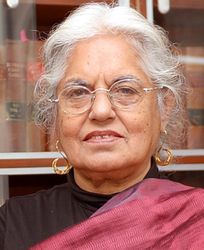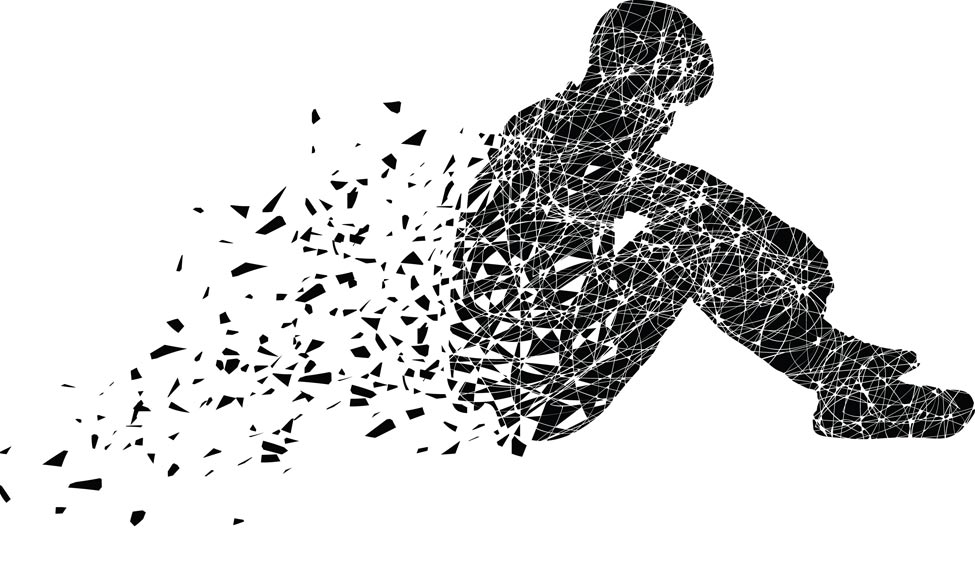
While delivering a lecture at prestigious law school on Crime Punishment and Rape, I met a young male student in his fourth year who asked me the most unlikely question. Why did you take up the case challenging the method of appointment of Senior counsel? I realized immediately, here is someone who does not come from privilege and wants to enter the profession of law with no Godfather to support him. I told him that it was about demanding that the profession of law is democratised, ending nepotism, opening the profession up to people like him.
He left me curious about his background. Later, I had dinner with the students and we talked about him. He worked his way to law school, doing hard manual jobs to earn his fees. To educate himself on law, he had spent hours in court rooms observing the conduct of judges, looking at undertrials often in chains produced in court waiting for their day in court. He has worked in police stations and had seen third degree methods being used on those who had been arrested before being produced at a Magistrates' court. He knew the underbelly of the system. While working in a glass bangle factories, he saw child labour—he saw children who had burnt their hands while making glass bangles. It seems there was nothing he had not seen and done, while dropping out of law school to earn his fees and coming back to complete his education.
The conversation turned to his family and he spoke about his mother He had witnessed domestic violence of a very high order. It did not occur to his mother to protest, she accepted it as part of life, part of the generalised violence around her. It was this young man who raised the issue with her urging her not to accept her condition. He talked to his mother over days, weeks, months and years, until one day she understood what he was communicating to her.
I was curious, how did he escape the misogyny of the society he lived in? How did he become so aspirational for a better life, what made him reject the violence of his father against his mother? Why was he also not like the other men in his family. He answered quite simply, “Being in places like this, talking and listening to people like you”. It was then that I realised the power to ideas so forcefully, he as a son, took upon himself the task of translating what he saw, heard and learnt in a liberal environment, into his life. He became the mentor of his mother and transformed his own space from a violent one into a non-violent one. He alone from his family had the opportunity of escaping poverty and deprivation. His sister had no opportunity to go to law school or any other school. How important , I thought it was to leverage the male preference in families into a agent for change. I had read enough about “men against violence”, yet felt that men had not been able to make a different to the situation of violence against women. Listening to this young man, I saw hope for change.
And yet I wondered, would this same man be as sensitive to his wife as he was to his mother? Men are often protective of their mothers but not necessarily of their own wives and sisters. Gender roles seem automatically imposed on women who are expected to stay home, cook and bear children, while the men go out and work. Equality and freedom from violence begin from one's own home. Would this same young man, who was so sensitive to his mother, be equally caring about his sister when it came to property? Or would he say she was to be married off with no claim to family property? These were the unanswered questions in my mind when I left the University that day. Ending violence by men against women would also mean the end of privilege for them. It is a long journey and a long way off. Not by law alone can you change society.
Lawyer and a legal activist Indira Jaising is India's first woman additional solicitor-general and the first-ever woman to become senior advocate in the 154-year-old Bombay High Court






